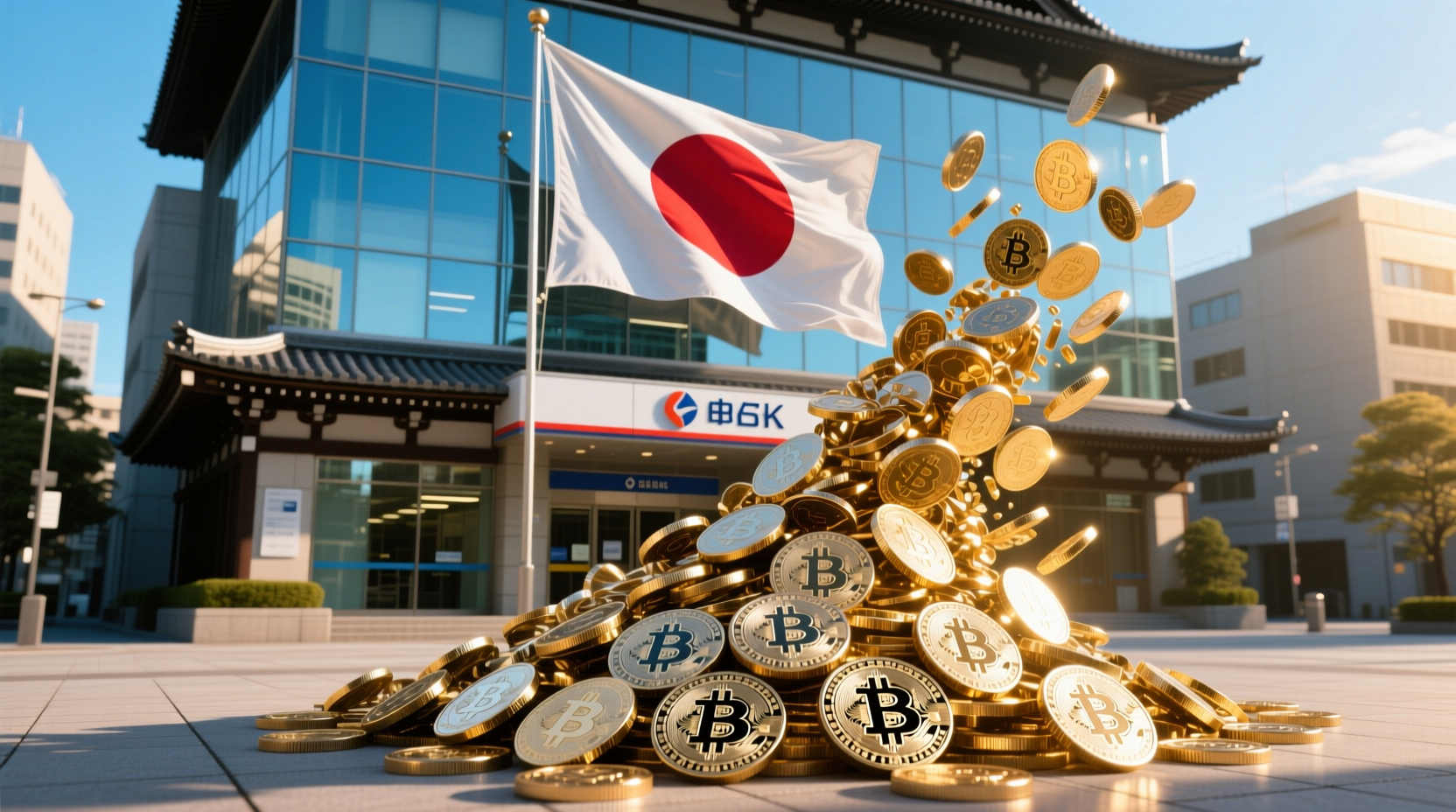The Financial Services Agency (FSA) of Japan has reportedly begun preparing to review existing regulations that would allow banks to hold cryptocurrencies like Bitcoin as investment assets and operate licensed crypto exchanges.
Key points:
- Japan’s FSA is reviewing rules that could let banks hold and trade cryptocurrencies like Bitcoin and operate licensed exchanges.
- The potential policy shift aims to integrate crypto into Japan’s regulated banking system while enforcing strict capital and risk-management standards.
- For SHIB holders, the move could mean greater liquidity, stronger investor confidence, and wider acceptance of Shiba Inu within mainstream finance.
According to local reports, Japan’s Financial Services Council is set to convene a working group meeting to discuss a framework that would permit banks to trade cryptocurrencies alongside traditional assets such as stocks and government bonds. The discussions are also expected to focus on maintaining the financial stability of banks and introducing appropriate regulatory safeguards.
The FSA’s initiative would represent a significant policy shift, as existing supervisory rules currently prohibit banks from holding cryptocurrencies due to concerns over price volatility. Regulators are expected to examine potential risk management frameworks to address issues such as sudden market fluctuations that could affect a bank’s financial stability.
Related: Industry Celebrates the New $70M Domain Mogul But His Crypto Shadows Linger
If the proposal moves forward, the FSA is likely to require banks to meet specific capital and risk-management standards before allowing them to hold digital assets.
Additionally, the FSA is reportedly weighing the possibility of allowing banking groups to register as licensed cryptocurrency exchange operators, a move that would enable them to directly provide trading and custody services to clients.
FSA Shift Could Boost SHIB’s Standing in Japan’s Crypto Market
Japan’s potential decision to allow banks to hold cryptocurrencies and operate licensed exchanges could have significant implications for SHIB holders. By integrating digital assets into the country’s regulated banking system, the move may enhance investor confidence and legitimize cryptocurrencies in the eyes of traditional finance.
Related: Crypto Titans Bunker Down Now: Vitalik’s Austerity Vow, Binance $1B Bitcoin Shield
Increased liquidity and acсessibility through banks could make SHIB more widely available to both retail and institutional investors, potentially boosting its trading volume and long-term stability.
Moreover, a clearer regulatory framework would provide stronger consumer protection and reduce the perceived risks associated with holding or trading SHIB. If Japanese banks begin facilitating crypto services directly, it could also signal broader acceptance of meme coins within regulated markets.
For the Shiba Inu community, this development may represent another step toward mainstream recognition, further solidifying SHIB’s role as one of the most prominent community-driven assets in the global crypto ecosystem.












